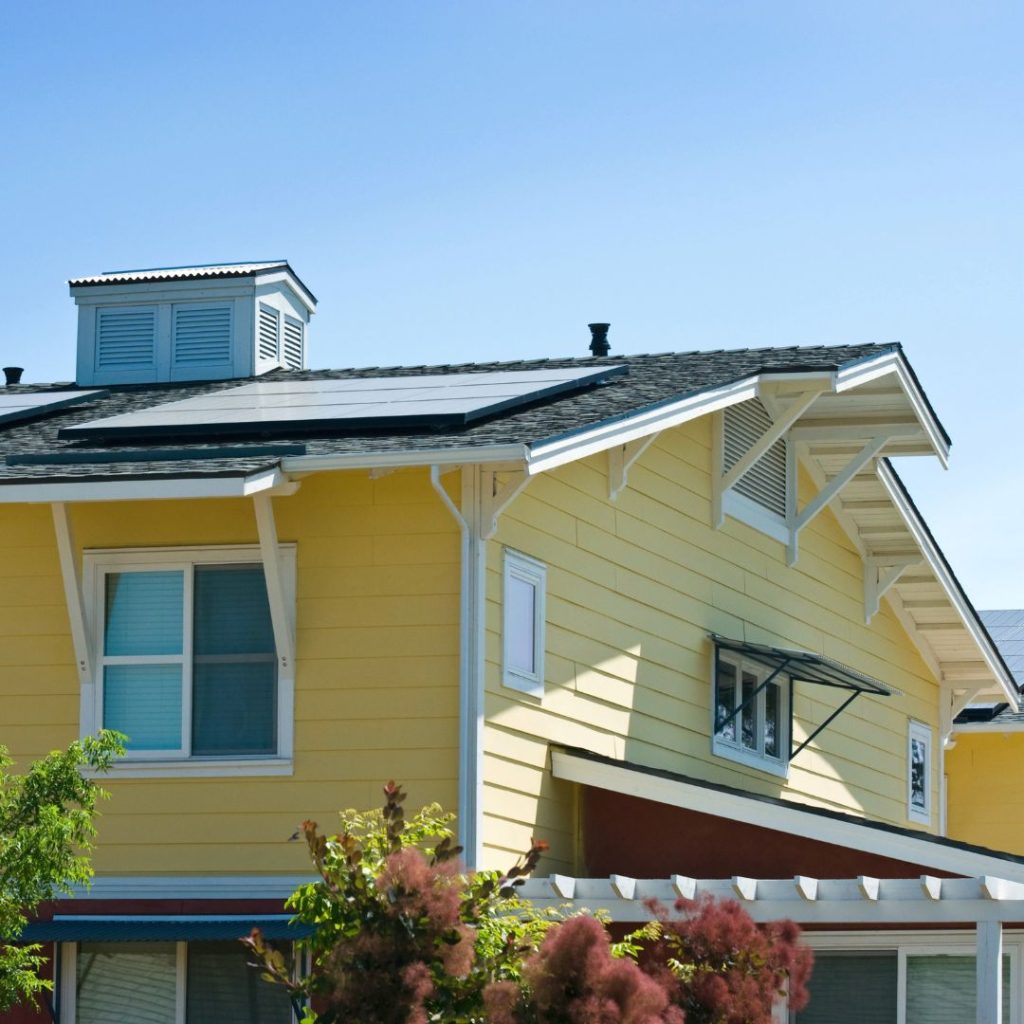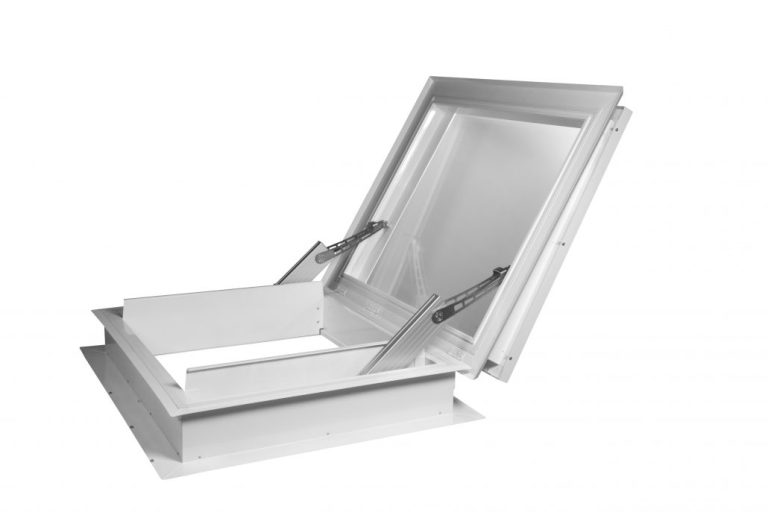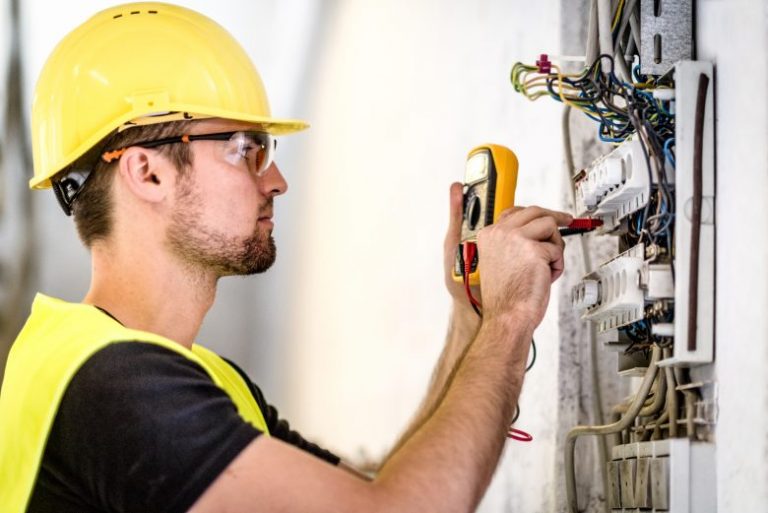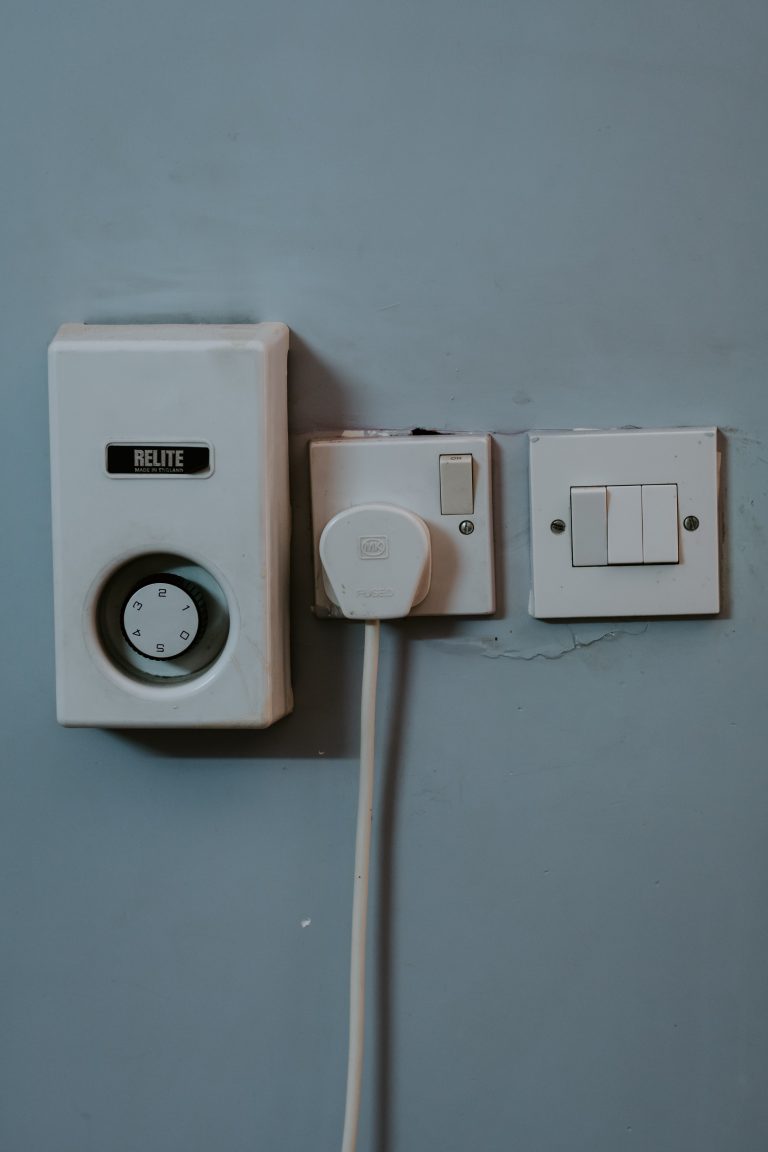
Commercial solar installation in Illinois can be a daunting task, especially if you’re trying to go green but also keep your bottom line in the black. Thankfully, commercial solar installation company Solar Illinois has created a few helpful tips to help you decide what’s best for your business and will work with you every step of the way to make sure that you’re successful!
What is a Solar Installation?
A solar installation is a system that is used to generate electricity from the sun’s rays. Solar installations can be used for both residential and commercial purposes.
There are three main types of solar installations: photovoltaic (PV), concentrated photovoltaic (CPV), and concentrated solar power (CSP). PV systems use sunlight to generate electricity, while CPV and CSP systems use mirrors or lenses to concentrate the sun’s rays onto small areas. This allows them to generate more electricity than PV systems. Click here commercial solar illinois
Solar installations can be either grid-tied or off-grid. Grid-tied systems are connected to the electrical grid, while off-grid systems are not. Off-grid systems are usually used in remote locations where it is not possible to connect to the electrical grid.
Solar installations can be used to generate electricity, heat water, or both. When used to generate electricity, solar installations can either be used to power homes or businesses, or they can be connected to the electrical grid. When used to heat water, solar installations can either be used for domestic hot water, or they can be used for industrial processes.
Solar installations have a number of advantages over other forms of energy generation
The Pros and Cons to Installing Solar Panels
Solar panels have many advantages. They are a renewable energy source, they are environmentally friendly, and they can save you money on your electric bill. However, there are also some disadvantages to solar panels. They can be expensive to install, and they require maintenance. But if you do your research and weigh the pros and cons, installing solar panels can be a great decision for your business.
2. The Right Location
When installing solar panels, it is important to choose the right location. Solar panels need to be in an area that gets plenty of sunlight. They also need to be installed on a sturdy roof that can support their weight. If you live in an area with severe weather conditions, it is important to make sure that your solar panels can withstand high winds and heavy snowfall.
3. Hire a Reputable Solar Company
When installing solar panels, it is important to hire a reputable solar company. A good solar company will have experience installing commercial solar systems. They will also be able to help you choose the right type of solar panel for your business. Make sure to get multiple bids from different companies before making a decision.
Installing commercial solar panels can be a great way to save money and help the environment
Who Should Install Solar Panels?
There are a few things to consider when deciding who should install solar panels on your commercial property. First, you need to make sure that the company you choose is experienced and reputable. They should also have a good understanding of the local laws and regulations regarding solar panel installation.
It is also important to find a company that offers a warranty on their work. This will give you peace of mind in knowing that your investment is protected. Finally, be sure to get multiple quotes from different companies before making a decision. This will help you ensure that you are getting the best value for your money.
1. How Much Does it Cost to Install Solar Panels?
Installing solar panels can be a significant investment. The cost of installation will vary depending on the size and type of system you choose. However, the average cost of installing a commercial solar panel system is around $30,000.
2. What Are the Incentives for Installing Solar Panels?
There are a number of incentive programs available to help offset the cost of installing solar panels. These incentives can come from both the government and utility companies. Some of the most common incentives include tax breaks, rebates, and low-interest loans.
3. What Are the Benefits of Installing Solar Panels?
There are many benefits to installing solar panels, including reducing your reliance on fossil fuels, saving money on your energy bills, and contributing to a cleaner environment. Solar panels can also increase the value of your property.
Types of Solar Panels
There are two main types of solar panels: monocrystalline and polycrystalline. Monocrystalline panels are made from a single crystal of silicon, while polycrystalline panels are made from multiple crystals. Monocrystalline panels are more efficient than polycrystalline panels, but they are also more expensive.
Polycrystalline panels are the most popular type of solar panel for commercial installations. This is because they are less expensive than monocrystalline panels and they still have a good efficiency rating. Polycrystalline panels are also less likely to experience “hot spots,” which can occur when a single crystal in a monocrystalline panel is damaged. Hot spots can cause the panel to overheat and catch fire.
Overall, either type of solar panel can be used for a commercial installation. However, polycrystalline panels are usually the better choice because they are less expensive and less likely to experience problems.
The Size of Solar Panels Required for a Business
The size of solar panels required for a business depends on a number of factors, including the amount of electricity the business uses, the size of the roof, and the climate. A business that uses a lot of electricity or has a large roof will need more solar panels than a smaller business. businesses in sunny climates will also need more solar panels than those in colder climates.
Businesses can use a variety of different types of solar panels, including monocrystalline, polycrystalline, and thin-film. Monocrystalline panels are the most efficient type of panel, but they are also the most expensive. Polycrystalline panels are less efficient than monocrystalline panels, but they are cheaper. Thin-film panels are the least efficient type of panel, but they are also the least expensive.
Businesses should consult with a solar installation company to determine the best type of panel for their needs. Solar installation companies will also be able to help businesses calculate the number of panels they will need to meet their electricity needs.
Discussion on Key Points on Properly Installing Solar Panels
1. In order to ensure a successful commercial solar installation, proper planning is essential. This includes a detailed analysis of the site, an evaluation of the available sunlight, and a determination of the best location for the panels.
2. Once the planning is complete, the next step is to choose the right type of solar panel. There are many different types of panels available on the market, so it is important to select one that will be compatible with the existing electrical system.
3. The third step is to install the panels in the chosen location. This process requires special equipment and training, so it is important to hire a professional company that specializes in solar panel installation.
4. After the panels are installed, it is important to monitor their performance and maintenance them on a regular basis. This will ensure that they continue to operate at peak efficiency and produce the maximum amount of energy possible.


